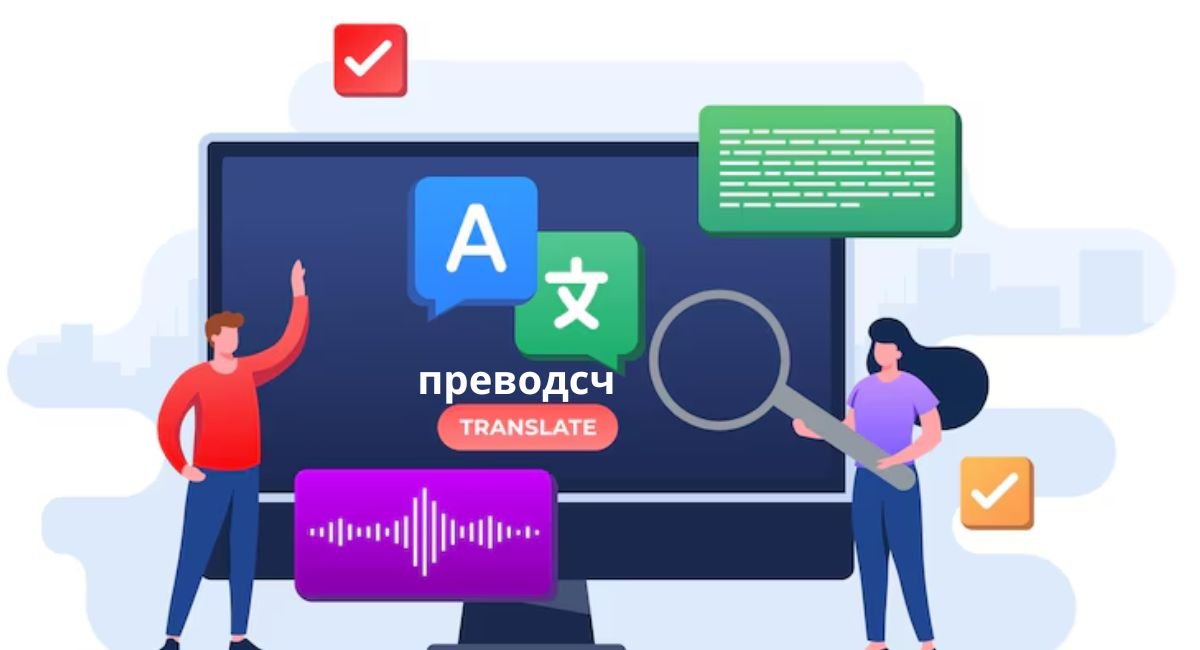Introduction
The word преводсч appears to be a misspelling or a partial word. This article will explore potential meanings based on common misspellings and language-related possibilities. We will delve into the complexities of translation, the importance of context, and the potential implications of encountering such an ambiguous term.
Breaking Down the Word: Potential Meanings
Without additional context, determining the exact meaning of преводсч is challenging. However, we can explore potential interpretations based on common linguistic patterns and potential misspellings.
1. Potential Misspellings:
- Преводач: This is the most likely interpretation. In Serbian, Croatian, Bulgarian, and Macedonian, “преводач” means “translator.” It’s possible that преводсч is a misspelling of this word.
- Other Slavic Languages: Similar words with slightly different meanings might exist in other Slavic languages. A thorough linguistic analysis would be required to determine these possibilities.
2. Technical or Specialized Term:
- Abbreviation: It’s conceivable that “преводсч” is an abbreviation used in a specific field or context. Without more information, it’s difficult to identify the potential expansion.
- Coding or Programming: In some programming languages or technical fields, unusual combinations of letters might have specific meanings.
The Importance of Context
To accurately determine the meaning of “преводсч,” context is crucial. Consider the following:
- Surrounding Text: Words or phrases before and after “преводсч” can provide clues about its meaning.
- Document Type: The type of document (legal, technical, literary) can influence the interpretation.
- Field of Study: The subject matter of the document can help narrow down possibilities.
Challenges in Translation
Translating languages, especially those with rich histories and complex grammatical structures, is fraught with challenges. Some of the common difficulties include:
- Multiple Meanings: Many words have multiple meanings, depending on the context.
- Cultural Nuances: Language often reflects cultural values and idioms, making direct translation difficult.
- Regional Variations: Even within the same language, there can be significant regional differences in vocabulary and grammar.
- Lack of Equivalents: Some concepts or words in one language may not have direct equivalents in another.
The Role of Technology in Translation
Translation tools and software have made significant strides, but they are not infallible. Machine translation can be helpful for initial understanding but often requires human intervention for accuracy.
Conclusion
Without additional context, it’s challenging to provide a definitive meaning for “преводсч.” However, by exploring potential misspellings, considering the importance of context, and understanding the complexities of translation, we can approach the problem systematically. If you encounter this word again, providing more information about its context will be essential for accurate interpretation.
